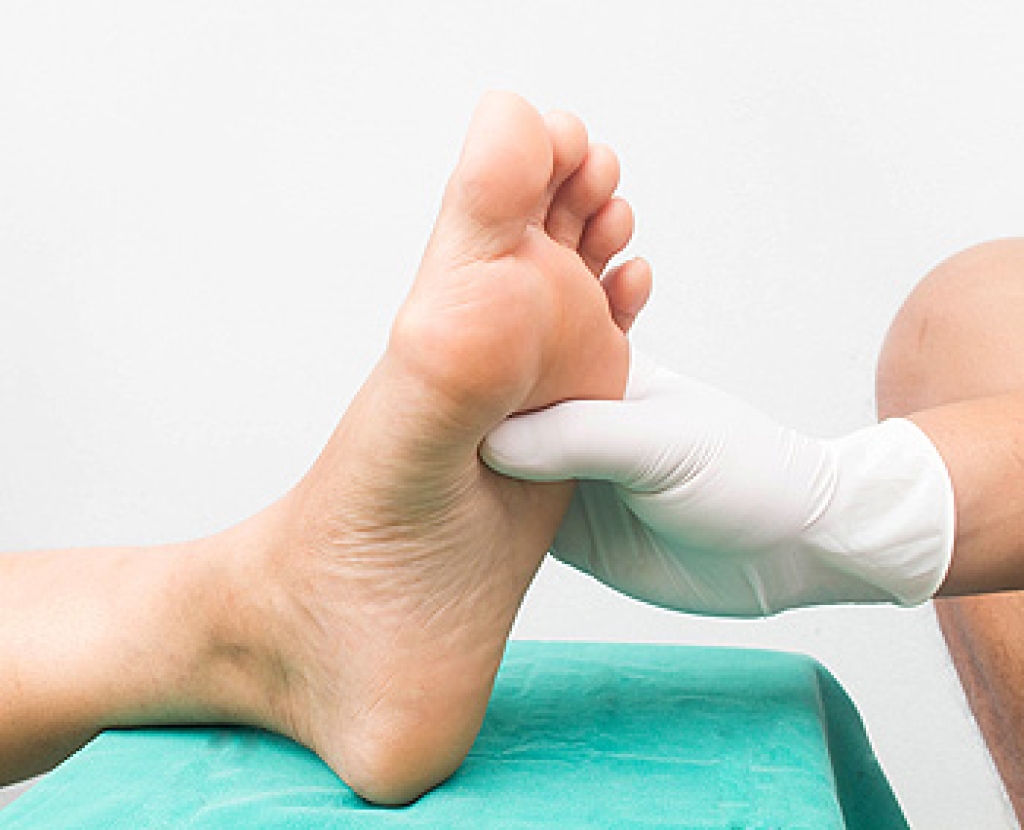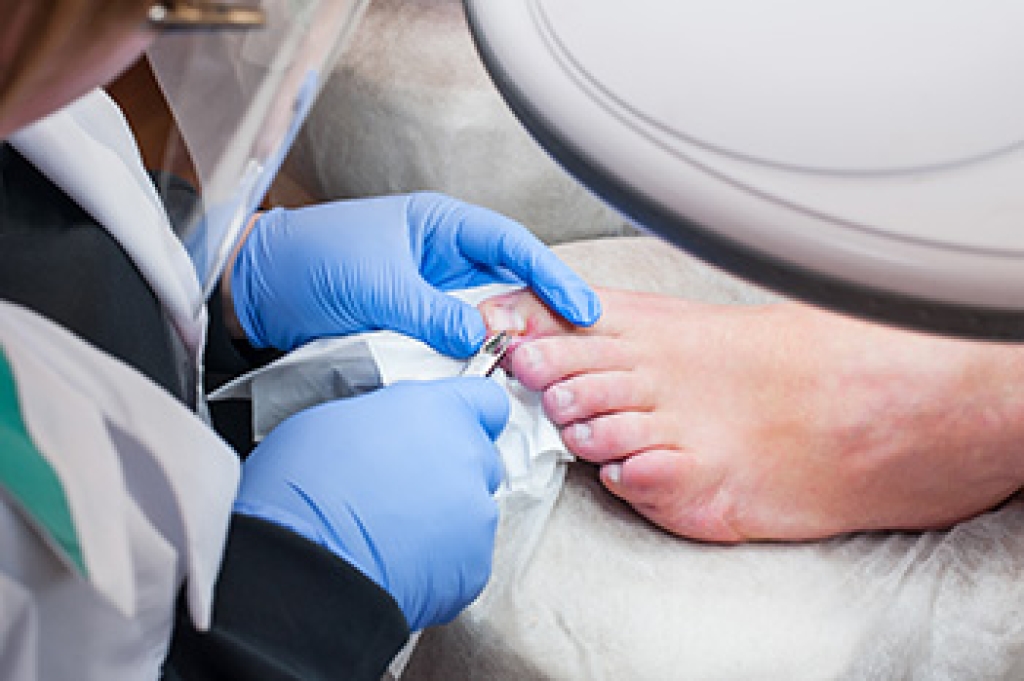
As people age, their feet can become more vulnerable to dryness, pressure points, nail changes, and balance concerns, making steady care especially important. Washing and drying the feet thoroughly each day helps maintain skin health, while moisturizing can prevent cracking that may lead to discomfort. Trimming nails straight across reduces the chance of ingrown edges, and wearing supportive shoes with a stable base can improve confidence during walking. Many older adults also benefit from checking their feet regularly for redness, swelling, or small injuries that may not cause immediate pain. These simple habits support safer movement and help prevent issues from becoming more serious. If you notice persistent soreness, difficulty walking, or changes in skin or nails, it is suggested that you schedule an appointment with a podiatrist for a proper evaluation.
Proper foot care is something many older adults forget to consider. If you have any concerns about your feet and ankles, contact one of our clinicians from The Footcare Centre. Our podiatrists can provide the care you need to keep you pain-free and on your feet.
The Elderly and Their Feet
As we age we start to notice many changes in our body, but the elder population may not notice them right away. Medical conditions may prevent the elderly to take notice of their foot health right away. Poor vision is a lead contributor to not taking action for the elderly.
Common Conditions
- Neuropathy – can reduce feeling in the feet and can hide many life-threatening medical conditions.
- Reduced flexibility – prevents the ability of proper toenail trimming, and foot cleaning. If left untreated, it may lead to further medical issues.
- Foot sores – amongst the older population can be serious before they are discovered. Some of the problematic conditions they may face are:
- Gouging toenails affecting nearby toe
- Shoes that don’t fit properly
- Pressure sores
- Loss of circulation in legs & feet
- Edema & swelling of feet and ankles
Susceptible Infections
Diabetes and poor circulation can cause general loss of sensitivity over the years, turning a simple cut into a serious issue.
If you have any questions, please feel free to contact our office located in Weybridge, UK . We offer the newest diagnostic and treatment technologies for all your foot care needs.




